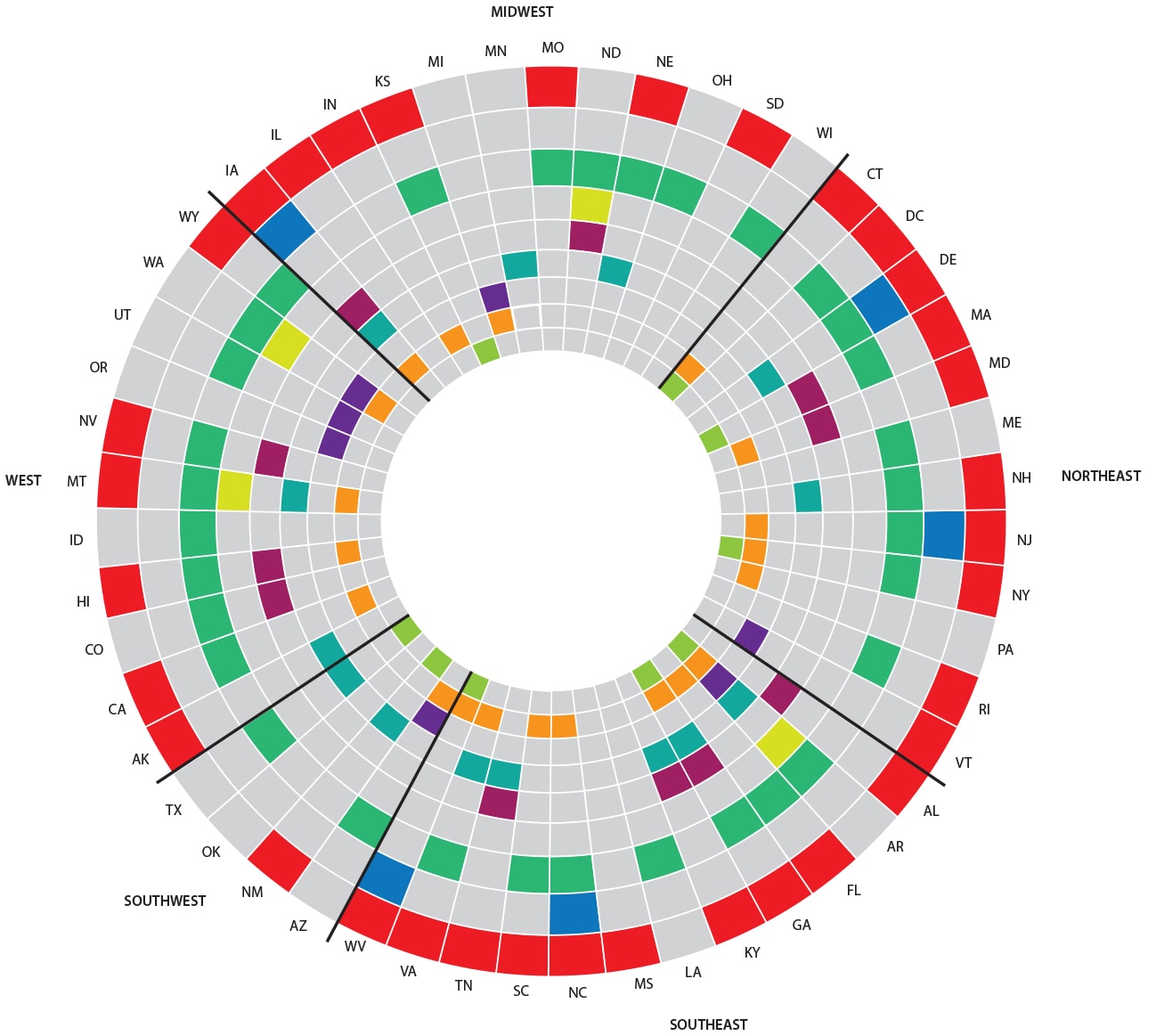#Chutzpa #OxyContin Maker Explored Expansion Into “Attractive” Anti-Addiction Market
Eight Sackler family members, company directors and current and former executives, created the opioid epidemic through illegal deceit. the Sacklers pushed for higher doses of OxyContin, guided efforts to mislead doctors and the public about the drug’s addictive capacity, and blamed misuse on patients. Purdue paid two executives convicted of fraudulently marketing OxyContin millions of dollars to assure their loyalty, concealed information about doctors suspected of inappropriately prescribing the opioid, and was advised by global consulting firm McKinsey & Co. on strategies to boost the drug’s sales and burnish its image, including how to “counter the emotional messages” of mothers whose children overdosed.
Prescription OxyContinpainkiller first launched in 1996 now kills more than 100 a day.
2007 Purdue admitted it misbranded the drug.
None of the Sacklers are personally being sued over it.
After Arthur Sackler died in 1987, Mortimer and his younger brother Raymond bought his option of Purdue Pharma for $22.4 million
Oxycontin grandson heir David Sackler spends $22.5 million in Bel Air paid entirely in cash.
Sackler is the grandson of Raymond Sackler, one of the three brothers who together launched and ran Purdue Pharma. (By 1996, when the company introduced OxyContin, only two brothers and their families were still involved in the business.) According to The New Yorker, David runs an investment firm for the family and “is the only member of the third generation who sits on Purdue’s board.”
Secret portions of a lawsuit allege that Purdue Pharma, controlled by the Sackler family, considered capitalizing on the addiction treatment boom — while going to extreme lengths to boost sales of its controversial opioid.
Purdue Pharma, is controlled by the Sackler family.
An internal correspondence beginning in 2014, Purdue Pharma executives discussed how the sale of opioids and the treatment of opioid addiction are “naturally linked” and that the company should expand across “the pain and addiction spectrum,” according to redacted sections of the lawsuit by the Massachusetts attorney general.
In 1998, two years after OxyContin was launched, Dr. Richard Sackler, a son of Purdue co-founder Raymond Sackler, instructed executives in an email that its tablets were not merely “therapeutic” but also “enhance personal performance,” like Viagra.
The five Purdue directors who are not Sacklers always voted with the family, according to the complaint. The family-controlled board approves everything from the number of sales staff to be hired to details of their bonus incentives, which have been tied to sales volume. CEO Michael Friedman and then-legal counsel Howard Udell each pleaded guilty in 2007 in U.S. District Court in Abingdon, Virginia, to a misdemeanor charge of misbranding OxyContin.
The Secretive Family Making Billions From the Opioid Crisis
You’re aware America is under siege, fighting an opioid crisis that has exploded into a public-health emergency. You’ve heard of OxyContin, the pain medication to which countless patients have become addicted. But do you know that the company that makes Oxy and reaps the billions of dollars in profits it generates is owned by one family?
Yale donor linked to opioid crisis
Sackler family behind OxyContin made $4bn amid opioid crisis, filings claim. Purdue Pharma and leading Sacklers accused of deceiving public and doctors about dangers of opioid painkiller OxyContin
Tell the Smithsonian: Rename the Sackler Gallery. Take the blood money out of our museums.
Guggenheim Museum Says It Won’t Accept Gifts From Sackler Family
Opioid Protest at Met Museum Targets Donors Connected to OxyContin
London Museum Will Forgo Donation From Purdue Pharma’s Sackler Family

